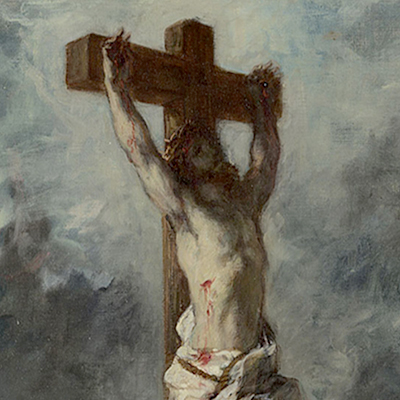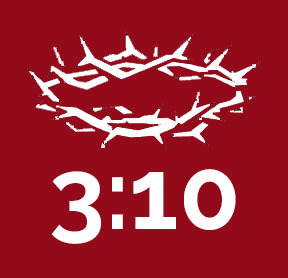Salvation: The Way To Heaven

The Biblical View
• Human beings are born sinners in the eyes of a Holy God because of the rebellion of Adam & Eve. This is known as original sin because we originate from the first disobedient human beings, not apes as claimed by evolutionary theories.
• God has shown his grace to sinners by providing a way back to him through faith in his Son, Jesus Christ, who died on the cross so that our sins might be forgiven and we might be saved from the punishment our sins deserve.
• Salvation is only by the grace of God through personal faith in Jesus Christ as Saviour & LORD (JUSTIFICATION BY FAITH)
• God's grace is shown to all human beings, but we have free will to choose to accept God's offer of salvation or to reject it.
• Although God's grace is offered to all, not all will accept his offer. God knows however who will accept his offer of salvation (in what is known as God's election, meaning choice, and predestination meaning God has known from eternity)
• There will be a Day of Judgement when all human beings will be judged by God.
• There will be a process of separating the righteous (accepted by God) and the unrighteous.
• The righteous will spend eternity with God in heaven, or paradise; the unrighteous will spend eternity in a Christless place of torment called Hell
Challenges To Biblical Truth
• New Age beliefs deny the divinity of Christ, the reality of God's final judgement, punishment for sin, or heaven and hell. Many people believe in Eastern beliefs about reincarnation and karma - fate.
• Pelagius was a second century AD monk who denied the reality of original sin, arguing people can get to heaven through good works.
• Gnosticism (from the Greek word gnosis=knowledge) claimed that only those with special, secret knowledge of spiritual truths would get to heaven. They emphasised a super-spirituality including the worship of angels and secret books and rituals.
• Donatism, named after North African Bishop Donatus, questioned whether someone baptised by a bishop who had renounced Jesus Christ during a time of persecution could be regarded as really baptised. It made salvation dependent on the holiness of the person ministering the sacrament of baptism, rather than on the Person and finished work of Jesus Christ on the Cross.
To return to THE TRINITY
To return to CREEDS
To return to TESTS OF TRUTH



